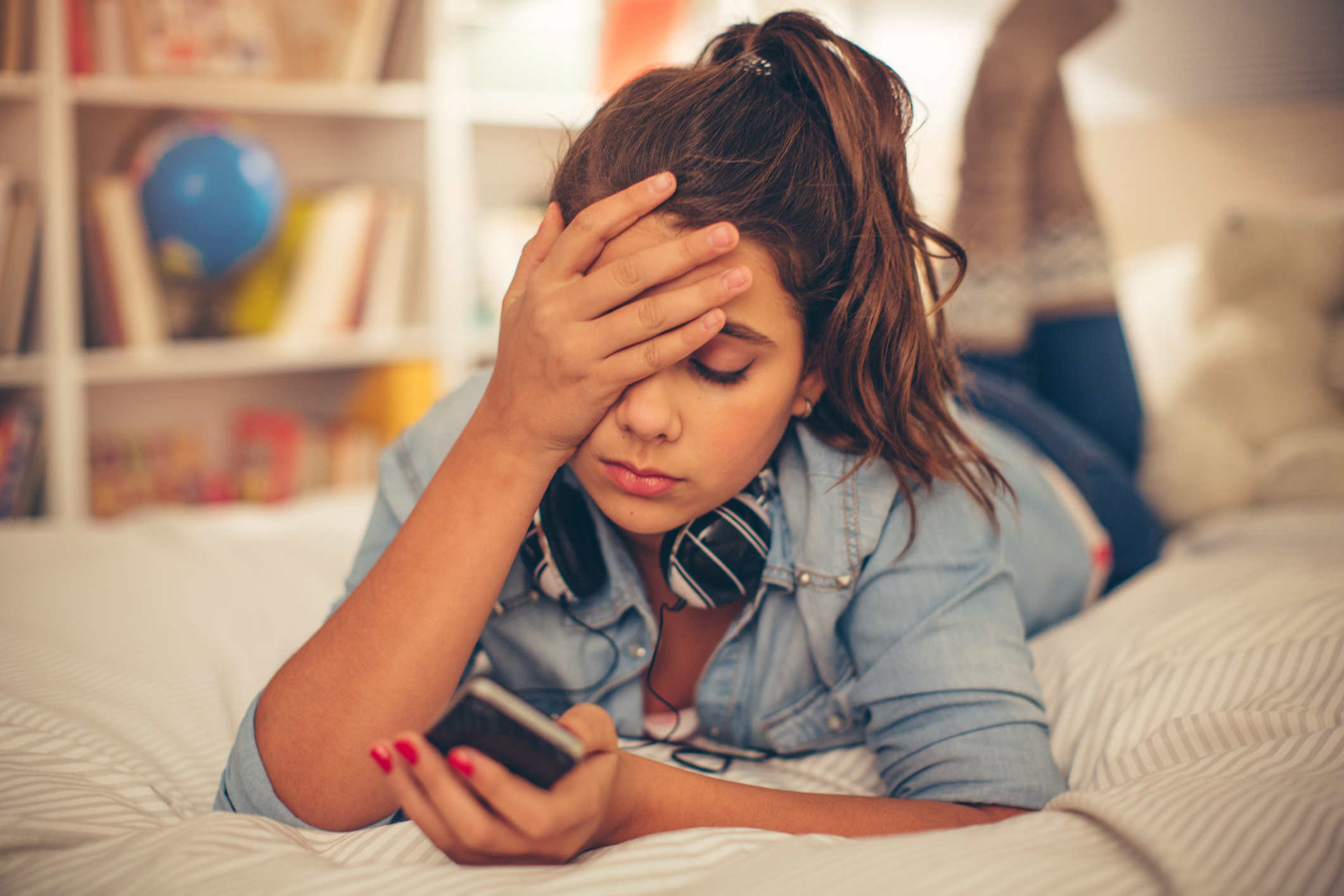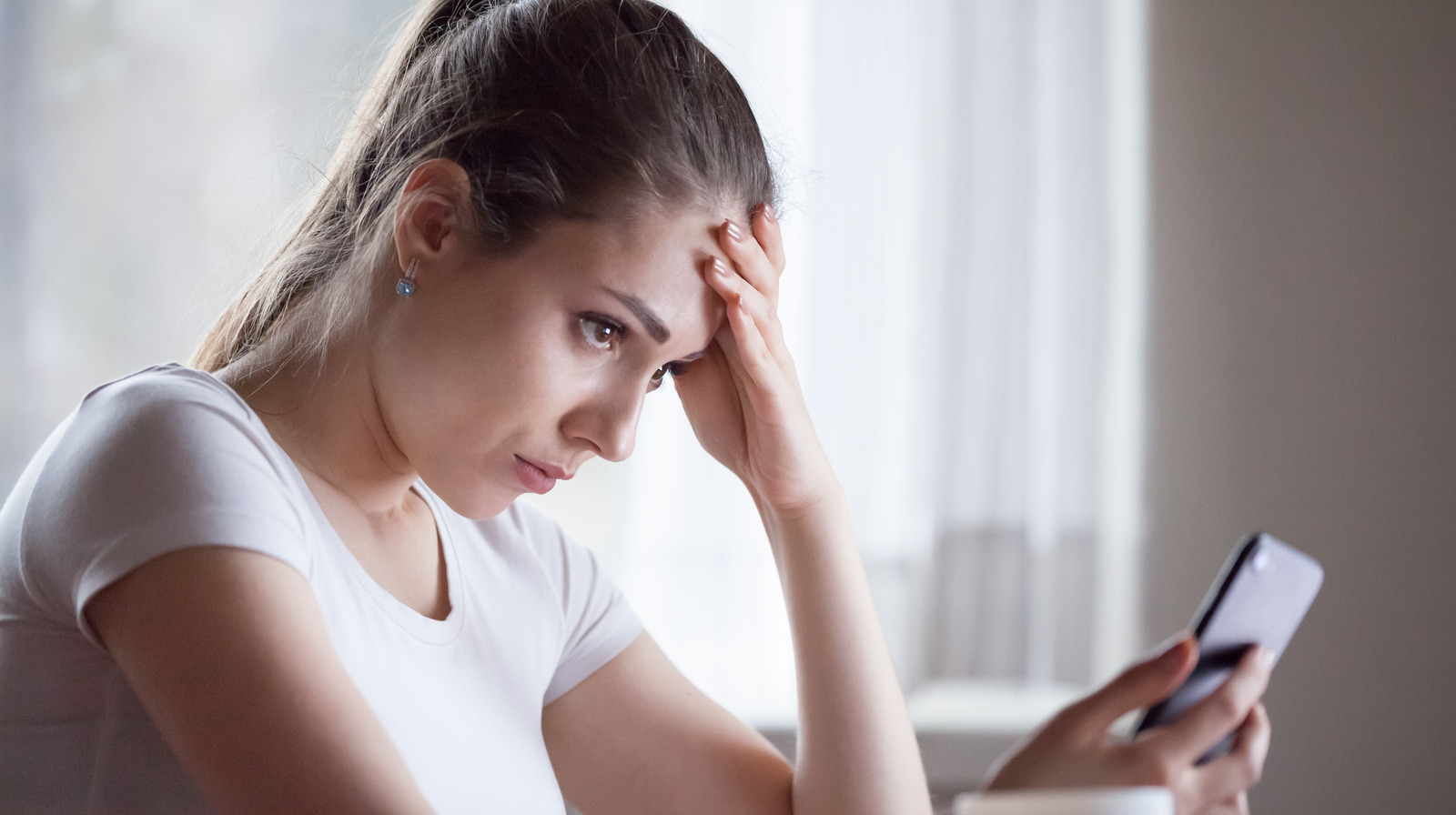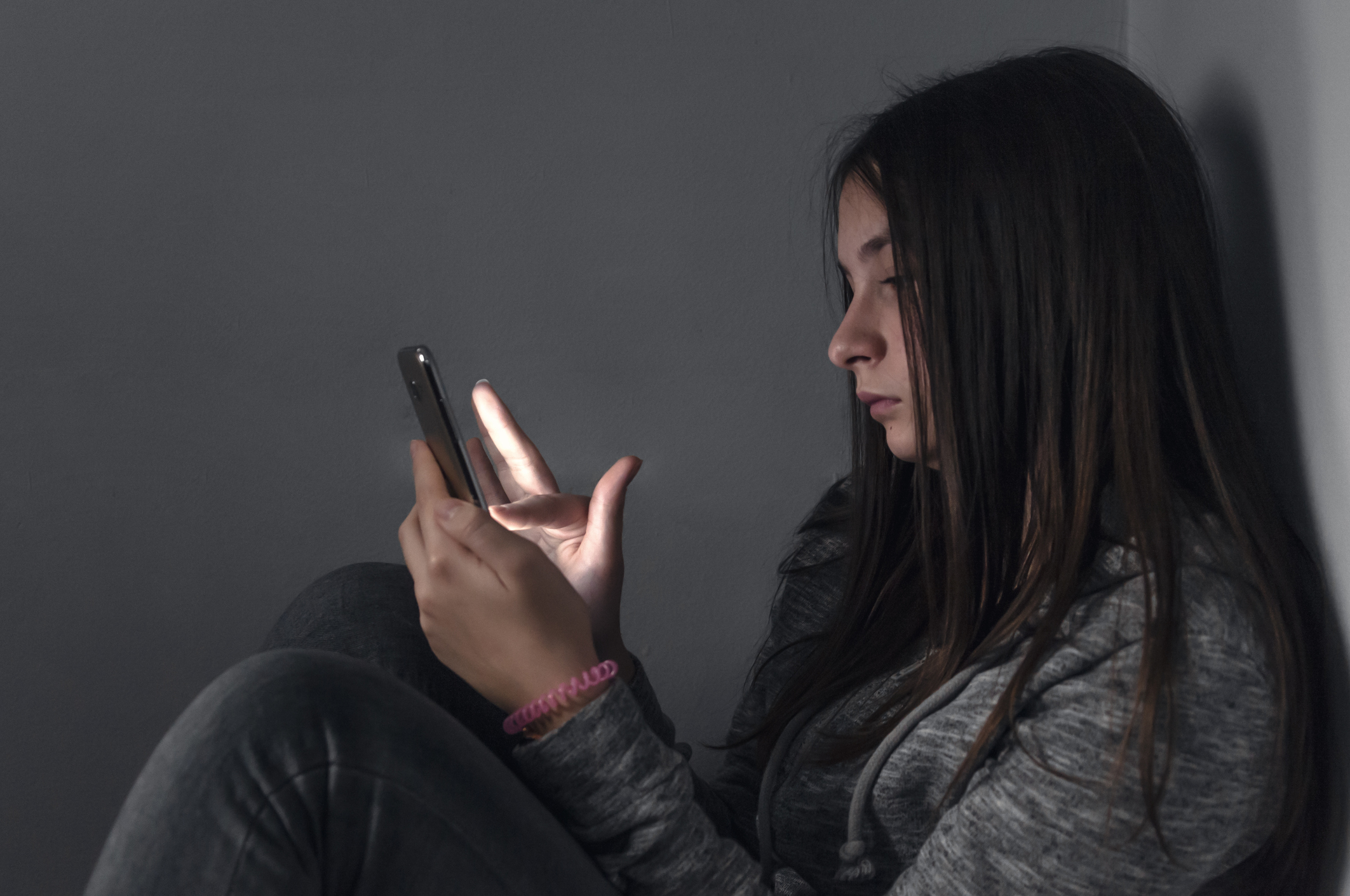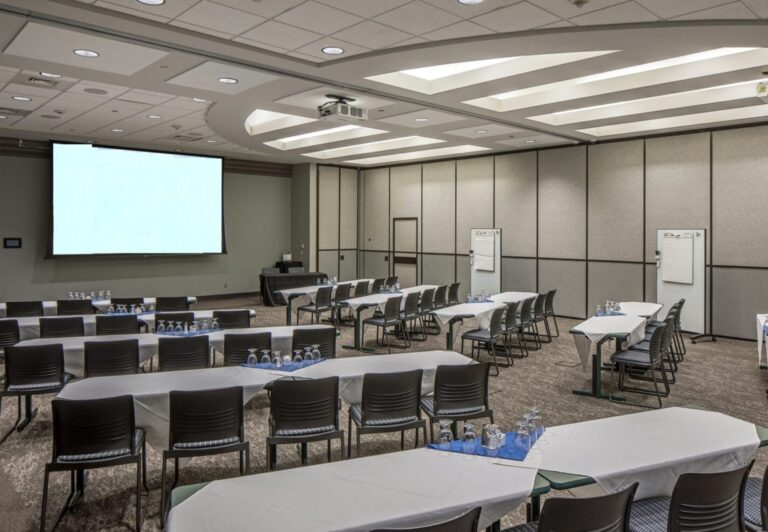
In what ways do our dispositions change because of social media? When do they start to become a threat? In the next article, we’ll fill you in on the details.
The World Health Organization (WHO) estimates that about 280 million people worldwide experience clinical depression. According to the World Health Organization, approximately 3.8% of the global population suffers from major depressive disorder; this number rises to 5.0% among adults and 5.7% among adults aged 60 and up.
The use of social media has been identified as a potential risk factor for this disorder by researchers across a variety of fields. A study published in the Journal of Social and Clinical Psychology suggests that it may be one of the underlying causes. Research showed that people’s levels of depression and loneliness decreased in direct proportion to their reduced use of social media.
In addition to the preceding, new studies show that heavy social media users, regardless of their inherent character traits, are more likely to develop depression within six months. Please permit me to delve a little further.
The Use of Social Networks is Related to Depression

We know now that using social networks increases the risk of developing depression. Even so, there has been a substantial increase in the number of studies looking at the interplay between personality traits and the two factors. This was the goal of a study recently published in the Journal of Affective Disorders Reports.
This study’s information comes from a representative sample of 978 adults in the United States in the age range of 18-30. The Big Five Inventory was used to measure openness, conscientiousness, extraversion, agreeableness, and neuroticism; the PHQ-19 was used to measure depression. Participants’ self-reports of their top 10 social media platforms were used to quantify their social media engagement.
What were The Results of The Study?
They discovered, for example, that agreeable people have a 49% lower risk of developing depression than less agreeable people. Furthermore, the likelihood of developing depression was doubled for people whose neuroticism scores were high.
Previous research describing neuroticism as a strong predictor of depressive disorders is borne out by the correlation between the two conditions (Kotov et al., 2010; Noteboom et al., 2016). Additionally, it is linked to lower levels of happiness and satisfaction with life overall.
Most importantly, these findings indicated that social media use was associated with an increased risk of future diagnoses of depression across all personality types. Moreover, social media use was strongly linked to the onset of depression across all personality dimensions.
Why does Social Media Lead to Mental Health Problems?

This correlation exists because people are more likely to evaluate their own happiness in relation to that of others when the latter appears to be thriving. As a result, it’s common for people to experience feelings of resentment, low self-esteem, and other issues connected to their identities.
It’s also possible that people feel lonely and isolated because their time spent online is taken away from face-to-face interactions. The ways in which individuals manage and interact with their social circle are also influenced by the prevalence of social media.
“Connecting with people virtually can increase the risk of miscommunication or misperception leading to relationship difficulties and the potential risk of developing mental health problems,” said study author Merril.
This study adds to the growing body of evidence that shows how social media can be detrimental to our psychological well-being. Researchers have found that spending too much time on social media may increase the risk of developing mental health problems like depression, anxiety, and stress (Berryman et al., 2018; O’Reilly et al., 2018). And they can put you under pressure to act a certain way or be as well-liked as your peers.
What to do to Prevent The Negative Effects of Social Networks?
It’s important to point out that there are positive aspects of social media before deciding what to do. They’re not without their advantages, though. The key is in mastering their application. Therefore, it is crucial that you pay attention to how you use them on a daily basis to prevent adverse effects (how much and for what purpose).
Get yourself some social media monitoring apps for your mobile device. If you find that these notifications are becoming too much to bear, you can always disable them temporarily or uninstall the app altogether.
While it’s true that reaching out to others online can help lift your spirits, doing so can also reinforce negative thought patterns. Finally, see a therapist if you feel overwhelmed by the amount of time you spend on social media or by any accompanying feelings of depression. It is best to work with a trained mental health professional to create a plan that addresses your specific issues.






